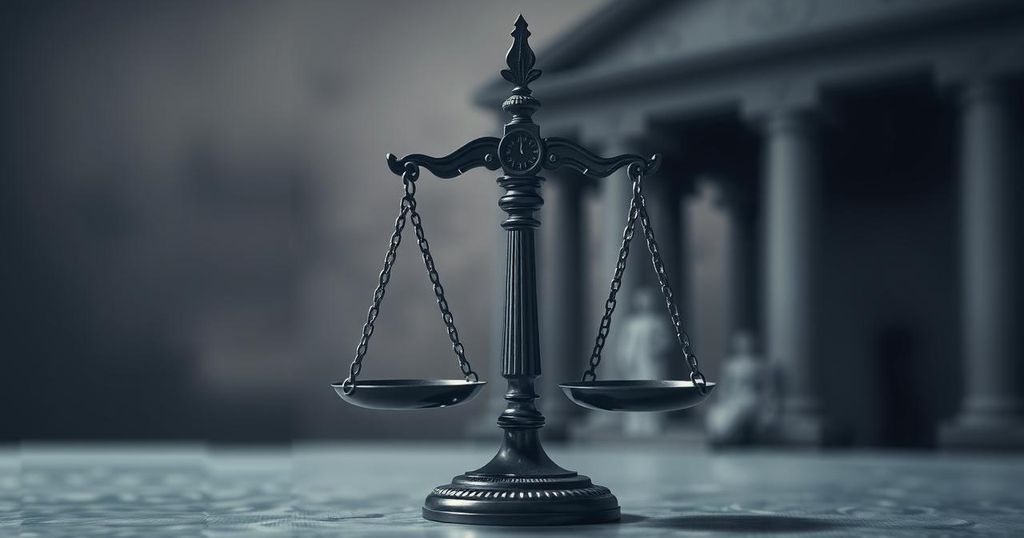Duterte’s Due Process: A Stark Contrast to His Victims’ Fate

Rodrigo Duterte’s war on drugs has resulted in thousands of deaths, sparking outrage among victims’ families who now confront a stark injustice as Duterte enjoys due process denied to them. While some families find conflicted relief in his arrest, the psychological scars remain deep. Despite current political support for Duterte, the pursuit of justice continues as those affected by his actions seek to have their stories heard and their losses acknowledged.
The legacy of Rodrigo Duterte’s presidency, particularly his war on drugs, has resulted in a staggering number of fatalities, with official reports stating at least 6,252 deaths. Human rights organizations allege that this number could be as high as 30,000. The former president frequently expressed his intent to eradicate drug use through lethal means, justifying arbitrary killings as acts of justice rather than murder while promoting public involvement in such actions.
During a recent visit with the widow of a victim of Duterte’s drug war, Lourdes, her mixed emotions encapsulated the pain of countless families. Despite the news of Duterte’s arrest and impending trial at the International Criminal Court for crimes against humanity, she felt conflicted—”I’m happy, but not really happy,” she said. Her husband’s death left profound scars on their children’s lives, illustrating the personal toll of systemic violence.
Journalists have documented the horrific nature of these killings since 2016, revealing unthinkable scenes where bodies were found discarded, illustrating the gruesome reality faced by families like Juan’s. While the families mourn and reflect upon their lost loved ones, they have expressed a mixture of joy and sorrow at Duterte’s arrest, often repeating the phrase reflecting their complex feelings: “happy, but not happy.”
Duterte’s recent legal proceedings highlight a stark contrast in the treatment of his victims versus himself; while he receives due process and comforts as a detained former leader, his victims suffered brutality and disregard for their humanity. His arrest was met with protests by his supporters, casting him as a victim of external forces, despite overwhelming evidence of the atrocities committed under his leadership.
Juan’s son, Cejhay, has expressed his desire for the world to remember the father he lost at a tender age. Now a teenager, Cejhay recalls precious moments with his father and mourns the void left by the violence inflicted by Duterte’s policies. His story underscores the broader narrative of grief, loss, and the quest for justice amidst a climate of fear and intimidation fueled by Duterte’s reign.
In conclusion, the narrative surrounding the deaths linked to Duterte’s war on drugs underscores a chilling discrepancy in the treatment of his victims and himself. Families continue to grieve while seeking justice, revealing the human cost of Duterte’s violent policies. His recent arrest, while a moment of respite for grieving families, highlights the systemic injustices that persist in the face of his past actions. As voices rise from these families, the call for accountability and recognition of their losses remains paramount in confronting this dark chapter of history.
Original Source: www.nytimes.com







